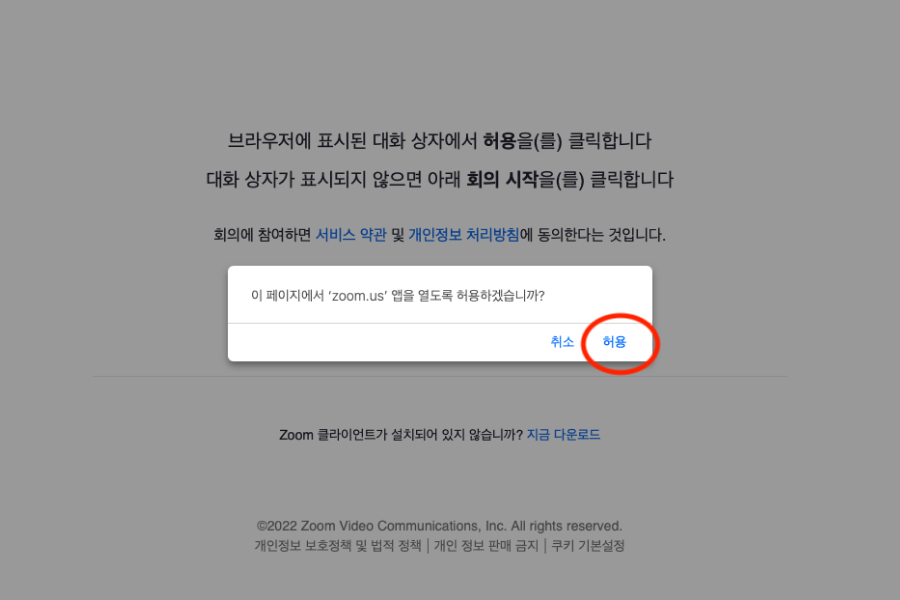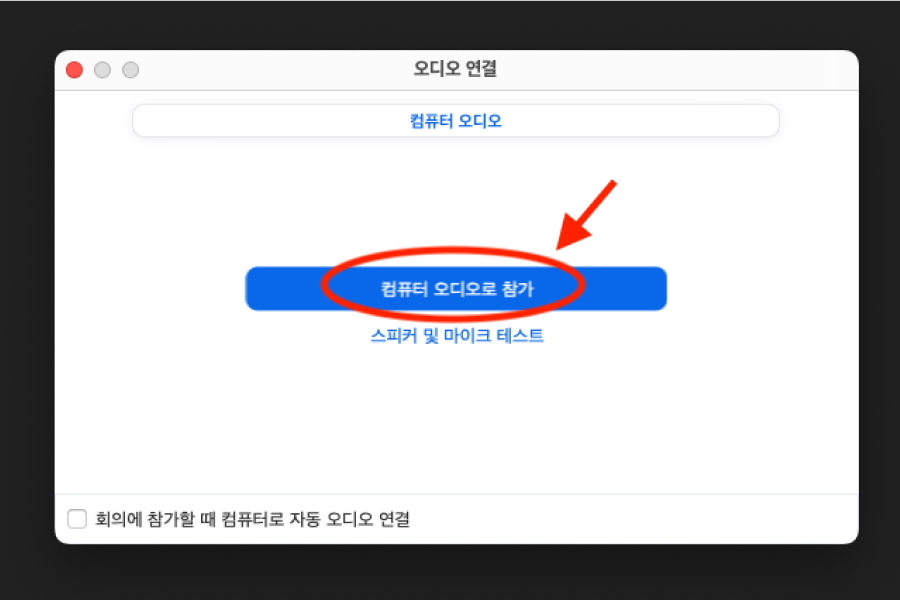Pyebaek is one of the traditional Korean wedding ceremonies, which is a greeting to the groom's parent. The groom's parent throw chestnuts and jujubes at the bride and groom. Jujube means son, and chestnut means daughter. It has the meaning of prosperity for descendants. However, many people skip this performance these days. Because it needs more money and time. Also, it is a greeting only to groom’s parent. The bride’s parent could feel uncomfortable.
CORRECTION:
Pyebaek is one of the traditional Korean wedding ceremonies, which is a greeting to the groom's parents. The groom's parents throw chestnuts and jujubes at the bride and groom. Jujubes represent sons, and chestnuts represent daughters. This ceremony symbolizes prosperity for descendants. However, many people skip this performance these days because it requires more money and time. Additionally, it is a greeting only to the groom’s parents, which could make the bride’s parents feel uncomfortable.
__________________________
Hi there! Thank you for sharing about Pyebaek! I find it fascinating how traditional ceremonies carry such meaningful symbolism. The idea of throwing chestnuts and jujubes to represent future sons and daughters is beautiful. It’s interesting to hear that many people are skipping this part of the wedding due to the cost and time involved, and I can understand how it might feel exclusive to the bride’s parents. Traditions are important, but it's also crucial to adapt to modern times and ensure everyone feels included. It’s a delicate balance. I appreciate learning about these customs from you and how they evolve. Your insights help me understand Korean culture better. Thank you for explaining it so clearly!








